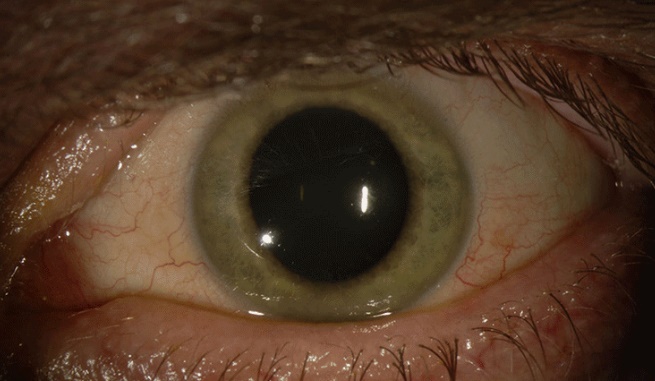Even if you have recovered from a viral infection, there is still a high probability of the virus resting in your eyeballs! Shocking isn’t it? This news has been revealed by Medical News Today said that a patient suffering from Ebola had to get his eyes tested which unveiled that the virus have retained in the aqueous humor of one of his eyes. The alarming factor of the test was that the test was done two months after he recovered. This means the virus was still there even after the course of treatment was completed.
Infectious disease specialist Jay Varkey, assistant professor of medicine at Emory University School of Medicine in Atlanta, suggested that owing to the medical observations, Ebola survivors should continue treatment to refrain from further complications. Since the virus is found to be persistent in eyeball humor, there is a fair possibility that the disease may revert back.
In the Research paper of Prof. Jay Varkey, he mentioned the case of Dr. Ian Crozier. The 43 year old doctor from Zimbabwe was attacked in Ebola while serving the Ebola hit regions. He was brought to US for treatment. After 40 days of treatment, he was diagnosed with acute uveitis and severe high pressure in one eye. The Uvetis virus caused inflammation of the middle layer of the eye including the iris, the ring of muscle behind it and the tissues which supports the retina. Dr. Crozier had to undergo another session of topical corticosteroids and some doses of medicine to optimize the eyeball pressure.
Dr. Crozier has now normal vision like before. Dr. Varkey said,“To safely evaluate and treat EVD survivors who develop complications in the eye and other ‘immune-privileged’ sites of the body, health care providers who perform invasive procedures should develop standard operating protocols for: 1. Safely donning and doffing PPE [personal protection equipment]; 2. Handling laboratory specimens, and 3. Managing medical waste.”

Leave a Reply